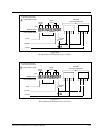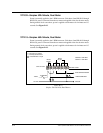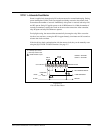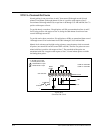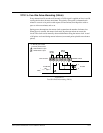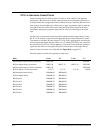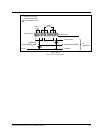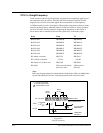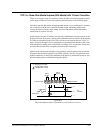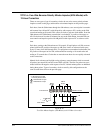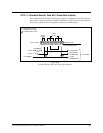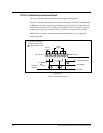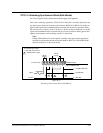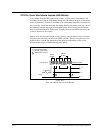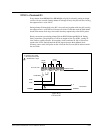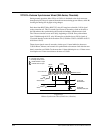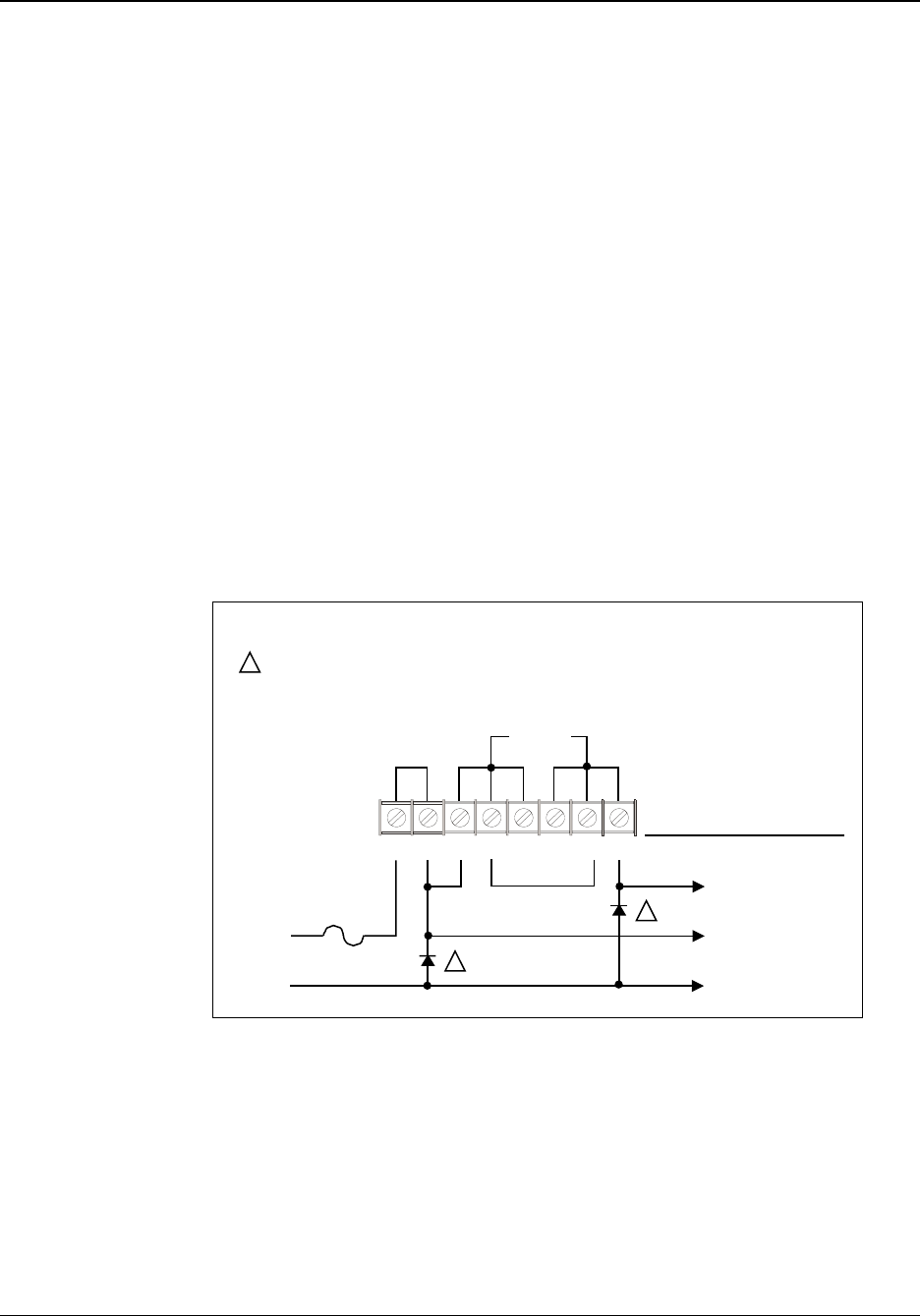
TYPE 16—Three-Wire Minute Impulse (59th Minute) with 12-Hour Correction
There are two types of type 16 secondary clocks: the three-wire minute impulse covered
on this page, and the two-wire reverse polarity minute impulse on the following page.
Each hour from the 59th minute through the 49th minute, a two-second pulse is transmit
-
ted on both the A and B lines, starting at the 58th second and ending at 00 seconds,
causing all clocks to advance each minute. From the 50th minute to the 59th minute,
transmission is on the A line only.
Clocks that are less than 10 minutes fast stop at the 59th minute since they transfer to the
B line at this time. Every hour, starting at the 59th minute and 10 seconds, 20 rapid pulses
at 0.5Hz are transmitted on the A line. Slow clocks are advanced at this pace. Every 12
hours, from 6:02 through 6:44, 23 rapid pulses are transmitted each minute on the A line,
with transmission starting at 10 seconds after and ending at 55 seconds after. Clocks that
are more than one hour slow are rapidly advanced to the correct time.
Manual clock advances and daylight saving advances cause the master clock to transmit
62 pulses (one second ON and one second OFF at 0.5Hz). The first five pulses are trans
-
mitted on both lines A and B. The remainder of the pulses are transmitted on line A only.
Normal minute pulses are inhibited during these pulses.
24A715/24A715M Master Clock Installation Manual
B-21
12345678
CLK1 OR CLK2
x
x
x
x
RELAY
K6 (K8)
RELAY
K5 (K7)
II
MASTER CLOCK
FIELD CONNECTIONS
X = Normally open contact
I = Normally closed contact
–
10 ASB MAX.
+
B
A
C
2
= 1N4004 diode or equal
2
2
24Vdc INPUT
TO
CLOCKS
Figure B-18
Three-Wire Minute Impulse (59th Minute) with 12-Hour Correction



